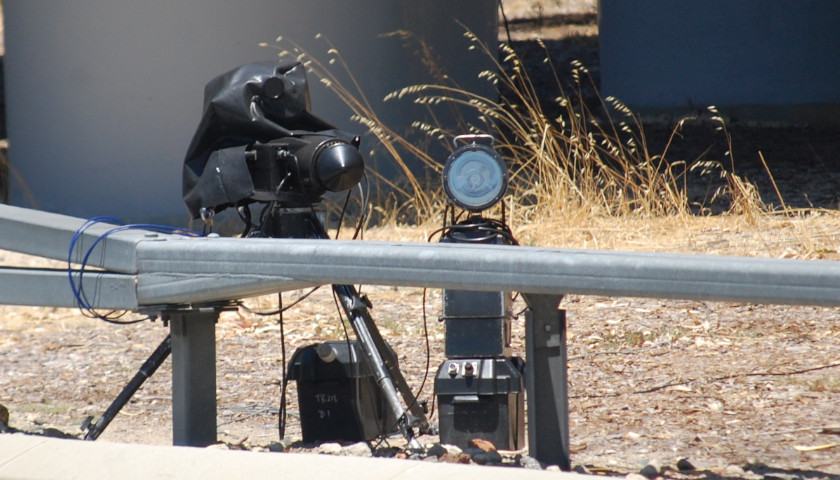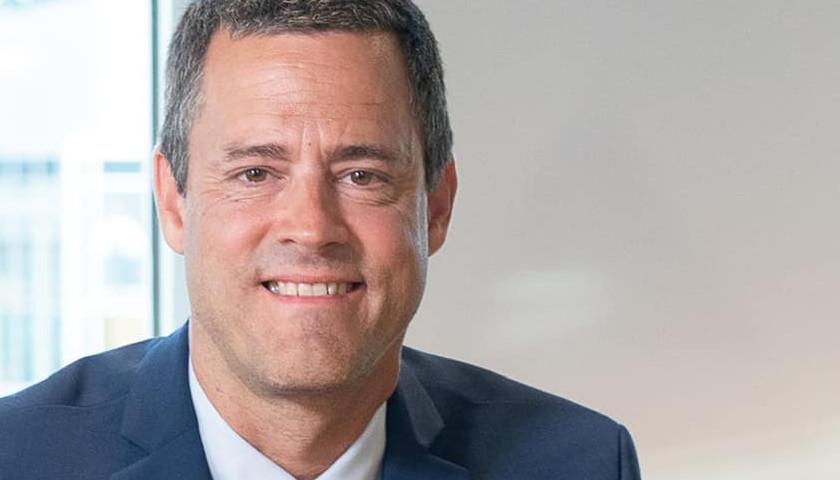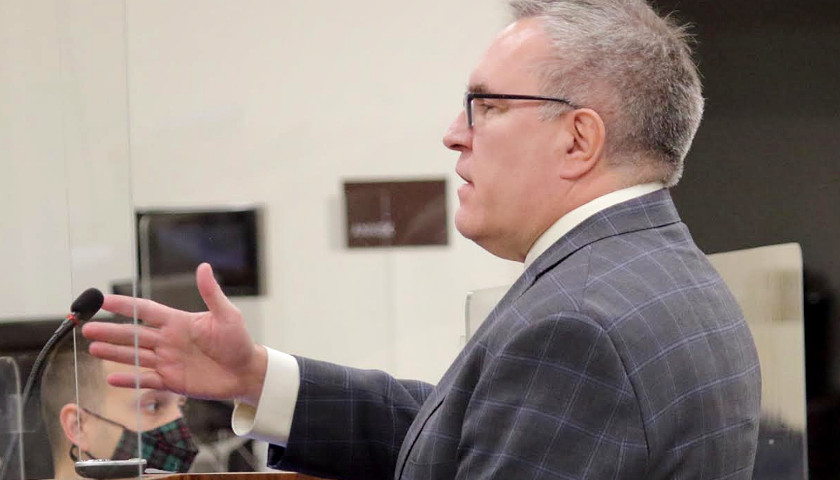by Morgan Sweeney
A former Virginia delegate has filed an injunction against the city of Chesapeake for its prosecutions of speed camera violations in a case that could have implications for the whole state.
Virginia law allows the city to prosecute cases in a way that may violate the Sixth Amendment of the United States Constitution, according to attorney and former delegate for Hampton Roads District 83 Tim Anderson.
The Sixth Amendment guarantees those accused of a crime a right to a defense and a speedy trial by jury. However, it also contains the confrontation clause, which says the defendant has a right to face his accuser in court.
That’s not happening in this case, Anderson says.
In Chesapeake, the city contracts with a third party for the operation and maintenance of the cameras and the generation of citations. Someone from the police department will testify in cases contesting speed camera tickets that the camera was working properly and accurately captured the speed of the defendant’s vehicle at the time of the incident.
“The police department is not the agency that is calibrating the unit. It is actually the third party – a private, out-of-state business,” Anderson told The Center Square.
Without a representative from the third party in court, the defendant doesn’t get to confront his accuser, according to Anderson.
There’s one further wrinkle, however, that Anderson calls “the juicy part” of this case. The Sixth Amendment applies to criminal proceedings, but speeding tickets are civil infractions. A 2011 U.S. Supreme Court case provides precedent for Anderson’s confrontation clause argument, but it’s the second piece of the puzzle the court may not validate.
It hinges on how traffic violations are viewed through Virginia code. Not all states grant people contesting a speeding ticket the same rights as criminal defendants, but Virginia does, Anderson says.
“In Virginia, the law says that in a regular traffic case, you have the presumption of innocence, you have the right to remain silent, you have a right to a jury trial – all of the criminal protections that we get,” Anderson said.
“That’s what the case is about. If the court finds that traffic tickets are entitled to full constitutional protections, then I think we have a real shot at getting this injunction.”
– – –
Morgan Sweeney is a staff writer covering Virginia and Maryland for The Center Square. Morgan was an active member of the journalism program as an undergraduate at Hillsdale College and previously freelanced for The Center Square.
Photo ‘Speed Camera” by DBZ2313 CC BY 3.0.





